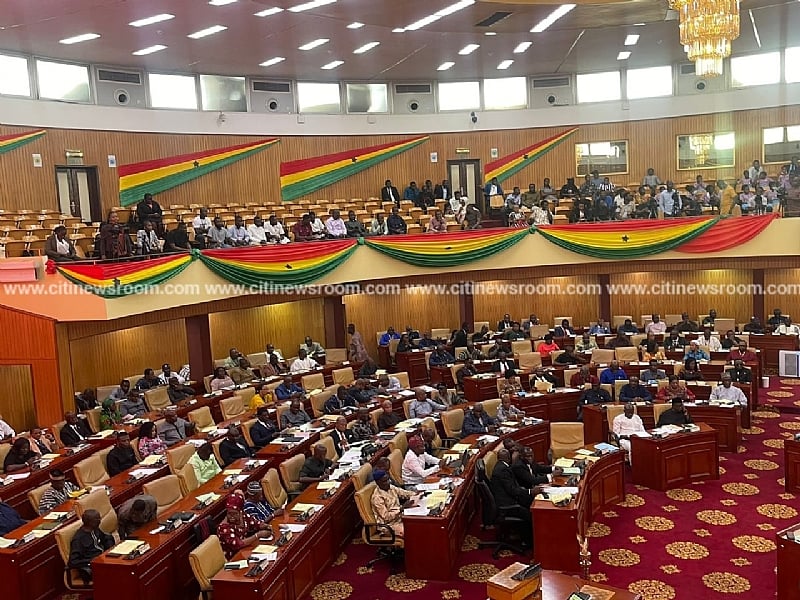Ghana’s parliamentary allocation of funds for constituency-based educational projects has sparked debate and scrutiny. The core issue revolves around the allocation of GHC 250 million through the Ghana Education Trust Fund (GETFund) to each Member of Parliament (MP), along with an additional GHC 150,000 per MP designated for project monitoring. This substantial financial commitment raises several critical questions regarding equitable resource distribution, accountability, transparency, and the potential for political influence in the allocation and execution of these education-focused initiatives.
The GETFund, established to provide supplementary funding for educational activities in Ghana, has become a key mechanism for supporting various educational projects across the country. The allocation of significant sums directly to MPs raises concerns about the potential for unequal distribution of resources, with constituencies represented by more influential or politically connected MPs potentially receiving a disproportionate share of funding. This raises questions about the fairness and equity of the distribution mechanism, and whether it truly serves the broader goal of improving education nationwide or risks becoming a tool for political patronage.
The added allocation of GHC 150,000 per MP for project monitoring introduces another layer of complexity. While oversight and accountability are crucial for ensuring the effective and transparent use of public funds, the allocation of these monitoring funds directly to the MPs themselves raises concerns about potential conflicts of interest. MPs are inherently invested in showcasing successful projects within their constituencies, which could lead to less rigorous scrutiny and potential overlooking of shortcomings or mismanagement. An independent monitoring mechanism, separate from the MPs’ direct control, would arguably provide a more objective and unbiased assessment of project implementation and outcomes.
The justification provided for this allocation, as articulated by Minority Chief Whip Frank Annoh-Dompreh, centers on the “pressures” faced by MPs due to educational needs in their constituencies. While the demands on MPs to address educational challenges are undeniable, this justification doesn’t adequately address the potential risks associated with direct allocation of funds. The absence of clear guidelines and criteria for project selection, coupled with the lack of independent oversight, opens the door for potential misuse of funds and prioritization of projects based on political considerations rather than genuine educational needs.
The lack of transparency surrounding the decision-making process further exacerbates concerns. The reference to “deliberations” and “suggestions” to the finance minister lacks specificity and leaves room for speculation about the factors influencing the allocation. A more transparent process, involving public consultations and clearly defined criteria for project selection and funding, would enhance public trust and ensure that resources are allocated based on objective assessments of need and potential impact.
The significant financial commitment involved in this parliamentary allocation necessitates a thorough and independent review of the GETFund distribution mechanism. A more equitable and transparent system, with robust oversight mechanisms and clear criteria for project selection and funding, is essential to ensure that resources are used effectively to improve education outcomes across Ghana. Furthermore, strengthening the capacity of existing educational institutions and empowering local communities to participate in the decision-making process would foster greater ownership and accountability in the management of educational projects. This would promote a more sustainable and impactful approach to addressing educational needs and ensuring that public funds are utilized for the maximum benefit of all Ghanaian students.














